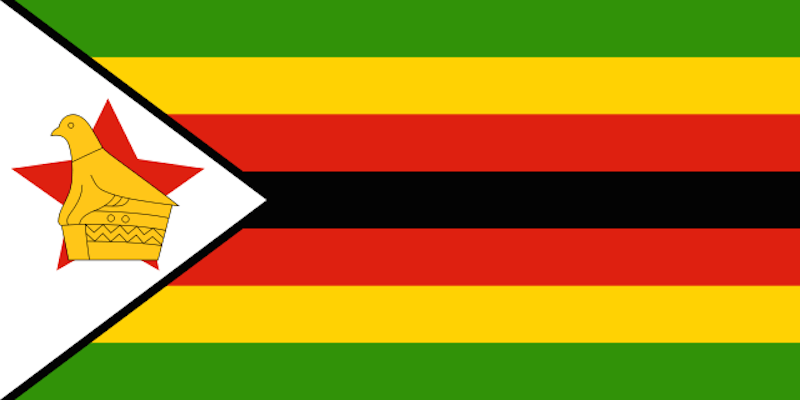As I predicted on November 19th, after an alleged assassination plot was cooked up, a massive political purge in Zimbabwe’s ruling Zanu-PF has unfolded in the past several days. Vice President Joyce Mujuru, once widely seen as a potential successor to President Robert Mugabe, has been blocked from rejoining the party’s vast central committee ahead of the party conference in December. Her allies were also not re-elected. As a result, unless President Mugabe reverses course and uses his 10 discretionary appointments to restore their committee spots, none of them will be permitted to join the smaller Zanu-PF Politburo, the policy-making body of the ruling party that by default holds all the cabinet posts and deputy secretary positions in the country’s government.
Although she was not the only leader of a faction struggling for control of the Zanu-PF and jockeying to succeed the elderly dictator, Vice President Mujuru was the most direct threat to the rising star of Mugabe’s (much younger, second) wife, Grace Mugabe, who has no political experience but sought to appeal to the same female activist base in the party. (That base had previously been pretty locked in for Mujuru.) In sharp contrast with the First Lady — who was just a teenager when her now-husband was handed the keys to the country by Britain’s transition supervisors — Mujuru is a hardcore combat veteran of the liberation war (of which Robert Mugabe was a top leader) against the White Rhodesian government, a highly experienced politician and government official, and generally a serious figure in the way Grace Mugabe doesn’t seem to be.
Vice President Mujuru’s bid for re-election to the Zanu-PF central committee was blocked back home by her own province’s party committee, on the grounds that they didn’t want to support an alleged assassin. (Or a “demon,” if Grace Mugabe’s colorful accusations are also to be believed.)
Similar explanations were provided by local/provincial party committees for blocking all her cabinet allies, or else they were pushed to resign. In total, at least nine other cabinet ministers are now out, including very high-ranking officials such as the foreign minister.
Grace Mugabe, for her part, has at least temporarily allied herself with a pre-existing Mujuru rival, Justice Minister Emmerson Mnangagwa, who is also thought to have presidential aspirations and is trying to reshape the ruling party structure and the country’s constitution. Virtually all of his supporters in the cabinet returned to the central committee. It remains to be seen how long she will cooperate with him. He could be the Mugabes’ next target, or they might have worked out some kind of arrangement already.
So far it seems like nobody will be killed in this purge, but analysts seem to think that this definitely ends the succession ambitions of Joyce Mujuru, while still potentially allowing her to return to a lesser position of power in a few years as needed by the machinations playing out later. Here is a passage from the very helpful explanation and analysis published in South Africa’s Mail & Guardian:
Zimbabwean political scientist and University of the Western Cape professor Brian Raftopolous said the fall of Mujuru and her allies is the most ruthless purge in Zanu-PF since independence in 1980.
[…]
“I have never seen anything like it [the purge] before but given the vagaries of Zanu-PF politics, this cannot be said to be the end of Mujuru. It looks likely that she will not land the presidency or any of the high positions but that does not necessarily mean that Emmerson Mnangagwa has won because Robert Mugabe is full of surprises,” Raftopolous told the Mail & Guardian on Wednesday.
“Mugabe operates by demoting people, punishing them but keeping them within reach so that he can bring them back some other time. So this does not mean the end of Mujuru and she could bounce back at some other time.”



